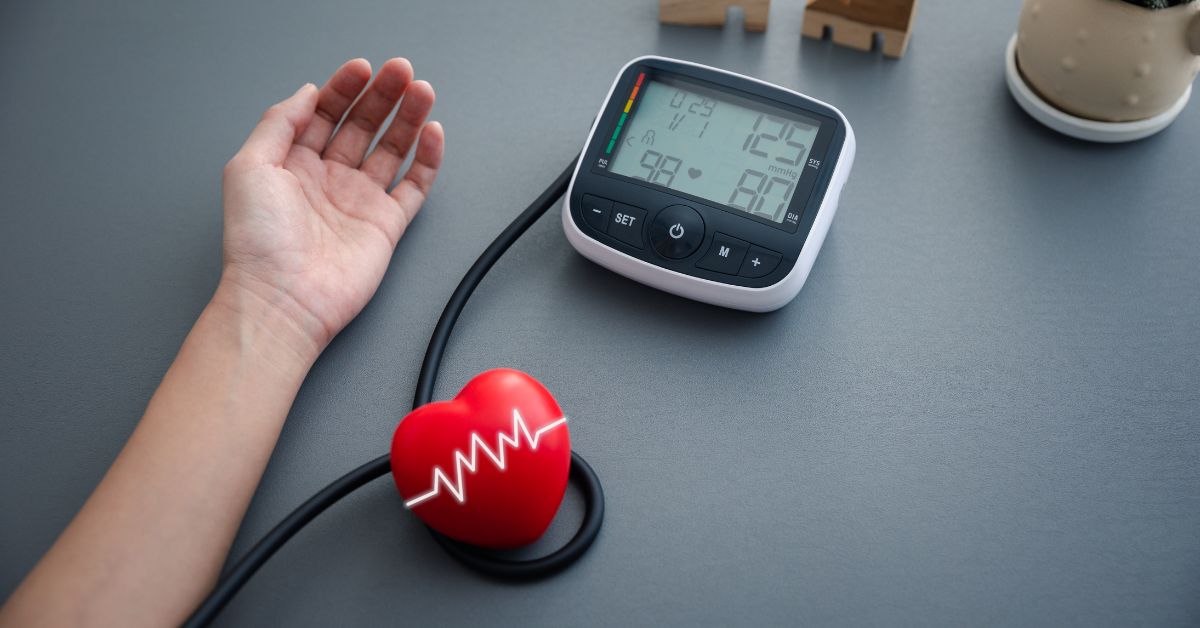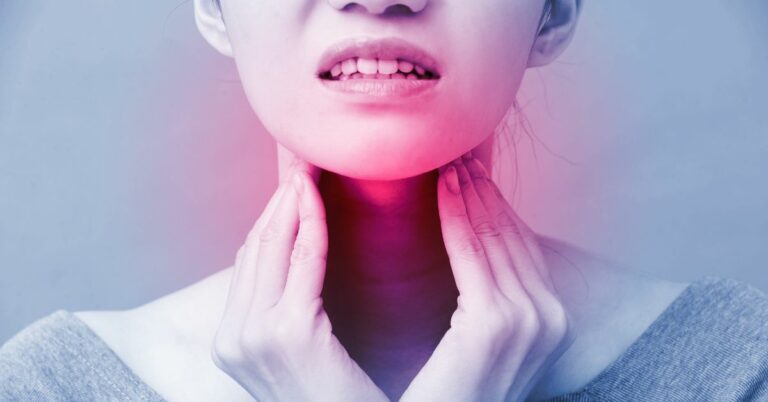Blood pressure is an essential health indicator, and concern about one’s blood pressure readings is entirely understandable. If you’re wondering about the significance of “Is blood pressure 110/60 high or low?” this article will provide explanatory information and guidance for appropriate healthcare.

Blood pressure is a vital health indicator, and concern about one’s blood pressure readings is entirely understandable.
Blood Pressure and Measurement
What is blood pressure? Blood pressure is the force exerted by blood on the walls of arteries as the heart pumps blood throughout the body. Blood pressure values provide information about the cardiovascular health of an individual. Systolic and diastolic blood pressure:
Systolic blood pressure (top number): It is the pressure when the heart contracts, typically ranging from 90-120 mmHg. Diastolic blood pressure (bottom number): It is the pressure when the heart is at rest between beats, typically ranging from 60-80 mmHg. Reading blood pressure: For example, a blood pressure reading of 110/60 mmHg means a systolic blood pressure of 110 mmHg and a diastolic blood pressure of 60 mmHg.
Blood Pressure 110/60: Normal, High, or Low?
Is blood pressure 110/60 high or low? – Normal blood pressure range: According to the American Heart Association, normal blood pressure ranges from 90/60 mmHg to below 120/80 mmHg. Significance of 110/60 blood pressure: A blood pressure reading of 110/60 is considered within the normal range, indicating relatively stable cardiovascular health. Symptoms to note: Although a blood pressure reading of 110/60 is considered normal, some individuals may experience fatigue, dizziness, especially with changes in posture or strenuous activity.
Factors Influencing Blood Pressure 110/60
Whether blood pressure 110/60 is high or low can be influenced by several factors, including:
Age: Blood pressure tends to increase with age. Lifestyle: Habits such as excessive salt intake, lack of exercise, and consumption of stimulants can increase blood pressure. Underlying health conditions: Certain conditions such as heart disease, kidney disease, endocrine disorders can affect blood pressure.
When to Worry About Blood Pressure 110/60
Monitor blood pressure readings: Regular blood pressure checks will help detect any abnormal changes early. You can perform blood pressure checks at home or at healthcare facilities.
When sudden changes occur: If blood pressure readings, typically measured as 110/60, suddenly change significantly, it’s important to seek evaluation.
When symptoms appear: Dizziness, prolonged fatigue, visual disturbances, chest pain… are signs that require immediate medical attention.

Dizziness, prolonged fatigue, dizziness, vision changes, chest pain… are signs that require immediate medical attention
When there are underlying health conditions: Individuals with underlying conditions need to monitor blood pressure more frequently and seek specialized medical advice.
Healthcare Guidelines Preventing blood pressure issues:
Healthy eating: Limit salt intake, increase consumption of vegetables and fruits. Regular exercise: At least 30 minutes every day, most days of the week. Avoid smoking, limit alcohol consumption. Weight management, stress management. Adjust lifestyle when blood pressure 110/60 is abnormal: Specific changes need to be discussed, advised by a doctor based on individual circumstances. Importance: Seek professional medical advice Always seek medical support when necessary for appropriate control and treatment.
Some Frequently Asked Questions Regarding “Is Blood Pressure 110/60 High or Low?”
Here are 5 commonly asked questions related to the topic “Is blood pressure 110/60 high or low“:
Is blood pressure 110/60 high or low?
A blood pressure reading of 110/60 is determined to be within the normal blood pressure range. Blood pressure is classified as low when the systolic blood pressure is below 90 mmHg and/or the diastolic blood pressure is below 60 mmHg.
Why do I measure blood pressure as 110/60 but still feel fatigued?
Fatigue may be a sign of underlying low blood pressure. Additionally, various other factors can cause fatigue such as lack of sleep, stress, unhealthy diet, anemia, or other health issues. To determine the exact cause, you should contact a doctor for further examination.
Is the blood pressure reading 110/60 stable?
The blood pressure reading of 110/60 is considered relatively stable. However, blood pressure can fluctuate throughout the day depending on activities, stress levels, and other factors. Regular blood pressure monitoring is the best way to ensure your cardiovascular health.
What can I do to improve blood pressure reading 110/60?
Although 110/60 is considered a normal reading, you can still adopt a healthy lifestyle to protect your heart:
- Maintain a balanced diet, low in salt, and rich in vegetables and fruits.

Maintain a balanced diet, low in salt, rich in vegetables and fruits
- Engage in regular exercise (at least 30 minutes most days of the week).
- Maintain a healthy weight.
- Get enough sleep.
- Effectively manage stress.
- Limit alcohol and tobacco use.
When should I be concerned about measuring blood pressure 110/60?
Although a blood pressure reading of 110/60 is considered normal, you should pay attention when:
There is a sudden and significant change in blood pressure readings, either higher or lower. Other unusual symptoms appear: dizziness, prolonged fatigue, visual disturbances, blurred vision, chest pain… There are other underlying medical conditions, especially heart disease, kidney disease…
Some Scientific Evidence Related to “Is Blood Pressure 110/60 High or Low?”
Below are some scientific evidence related to “Is blood pressure 110/60 high or low?”:
- The Framingham Heart Study followed over 15,000 people for 40 years.
Results showed:
Systolic blood pressure 115 mmHg – 129 mmHg:
20% higher risk of cardiovascular death compared to people with normal blood pressure. 17% higher risk of cardiovascular events (heart attack, stroke). Diastolic blood pressure 70 mmHg – 79 mmHg:
10% higher risk of cardiovascular death compared to people with normal blood pressure. 12% higher risk of cardiovascular events.
- The INTERSALT study conducted on 50,000 people in 17 countries.
Results showed:
Systolic blood pressure 115 mmHg – 129 mmHg:
30% higher risk of stroke compared to people with normal blood pressure. 25% higher risk of cardiovascular events. Diastolic blood pressure 70 mmHg – 79 mmHg:
20% higher risk of stroke compared to people with normal blood pressure. 17% higher risk of cardiovascular events.
Blood pressure 110/60 is considered normal. However, regular monitoring of blood pressure is necessary, especially when there are abnormal symptoms. Maintaining a healthy lifestyle and regular health check-ups are the best ways to protect your cardiovascular health and overall well-being.
References:
https://www.medicinenet.com/is_11060_a_too_low_blood_pressure/article.htm
https://www.nhsinform.scot/illnesses-and-conditions/heart-and-blood-vessels/conditions/low-blood-pressure-hypotension/
https://www.premierhealth.com/your-health/articles/women-wisdom-wellness-/when-to-worry-about-low-blood-pressure
Kiểm Duyệt Nội Dung
More than 10 years of marketing communications experience in the medical and health field.
Successfully deployed marketing communication activities, content development and social networking channels for hospital partners, clinics, doctors and medical professionals across the country.
More than 6 years of experience in organizing and producing leading prestigious medical programs in Vietnam, in collaboration with Ho Chi Minh City Television (HTV). Typical programs include Nhật Ký Blouse Trắng, Bác Sĩ Nói Gì, Alo Bác Sĩ Nghe, Nhật Ký Hạnh Phúc, Vui Khỏe Cùng Con, Bác Sỹ Mẹ, v.v.
Comprehensive cooperation with hundreds of hospitals and clinics, thousands of doctors and medical experts to join hands in building a medical content and service platform on the Doctor Network application.































